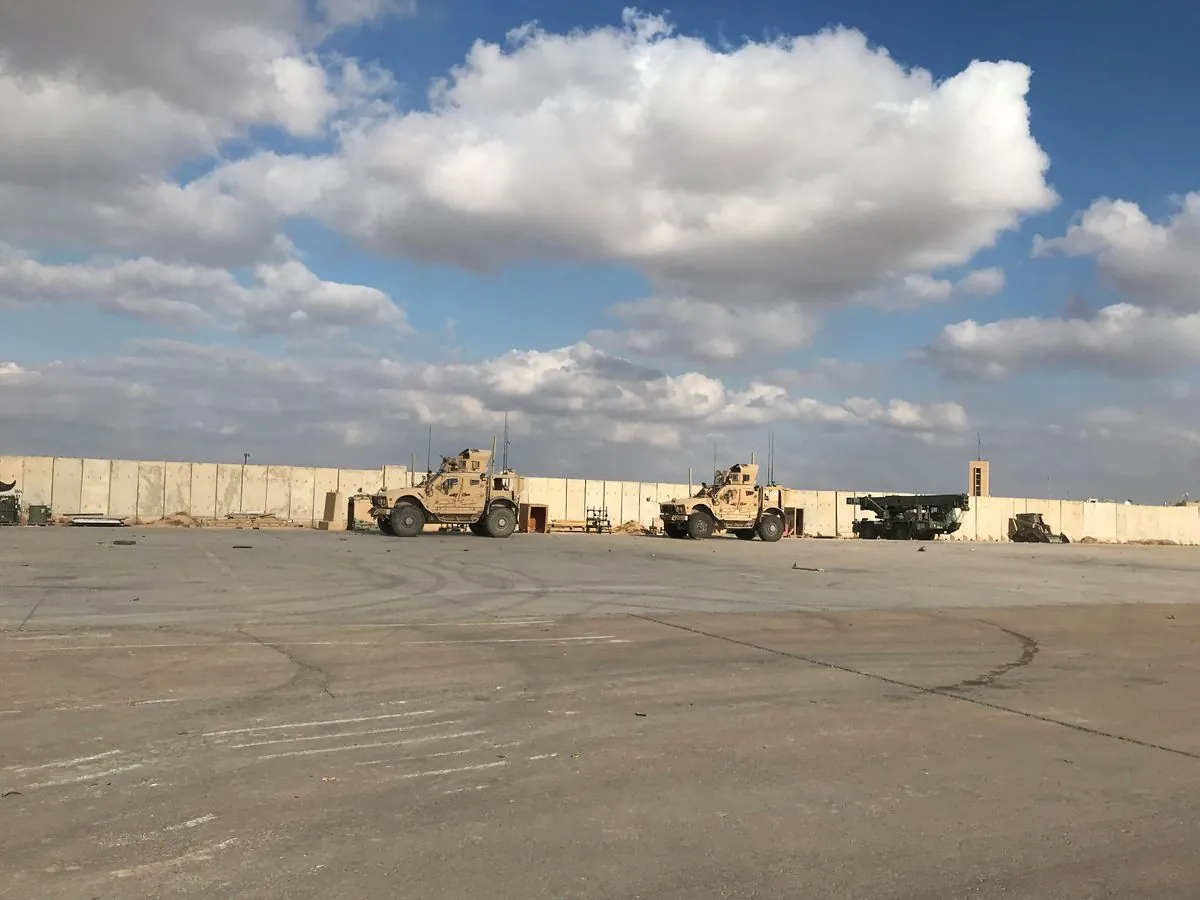Trump Downplays U.S. Troops' Brain Injuries from 2020 Iran Strike
Former President Trump minimizes traumatic brain injuries suffered by U.S. soldiers in a 2020 Iranian missile attack, sparking criticism. The incident highlights ongoing debates about military health and foreign policy.

Former President Donald Trump has once again sparked controversy by minimizing the severity of traumatic brain injuries (TBI) sustained by U.S. troops during a 2020 Iranian missile strike. At a recent campaign event in Milwaukee, Trump referred to these injuries as merely "a headache," prompting swift backlash from political opponents and veterans' advocates.
The incident in question occurred in January 2020, when Iran launched a retaliatory missile attack on the Ain al-Asad air base in Iraq, following the U.S. drone strike that killed Iranian Major General Qasem Soleimani. The attack resulted in over 100 U.S. service members suffering traumatic brain injuries, a condition that has become increasingly recognized as a serious health concern for military personnel.
Tim Walz, the Democratic vice-presidential nominee, criticized Trump's remarks during a vice-presidential debate, stating, "When Iranian missiles did fall near U.S. troops and they received traumatic brain injuries, Donald Trump wrote it off as headaches."
When questioned by reporters about his stance on the 2020 attack, Trump responded defensively:
"So first of all, injured. What does injured mean? Injured means — you mean because they had a headache? Because the bombs never hit the fort."
Trump's comments reflect a concerning lack of understanding about the nature and severity of traumatic brain injuries. TBI is a major cause of death and disability worldwide, with symptoms ranging from headaches and confusion to long-term cognitive impairment and mood changes. The U.S. Department of Defense has reported over 400,000 TBIs among service members since 2000, highlighting the prevalence of this issue in military contexts.
The 2020 attack on Ain al-Asad air base, one of the largest and oldest military installations in Iraq, involved 15 ballistic missiles. Eleven of these missiles, each carrying a 1,600-pound warhead, struck the base, leaving craters up to 30 feet wide. The incident brought the United States and Iran to the brink of war, underscoring the fragile nature of international relations between the two countries since the 1979 Iranian Revolution.

The long-term effects of such attacks on military personnel cannot be overstated. Staff Sgt. Rebecca McMillan, an Army intelligence analyst injured in the 2020 strike, reported experiencing ringing in her ears, foggy thinking, and blurred vision immediately after the attack. She was later diagnosed with a brain injury and continues to struggle with post-traumatic stress disorder (PTSD), migraines, and insomnia – all common issues faced by veterans with TBI.
The U.S. Department of Veterans Affairs provides specialized care for veterans with TBI, recognizing the complex and often long-lasting effects of these injuries. Treatment may include cognitive rehabilitation therapy and advanced neuroimaging techniques to assess and monitor brain function.
Trump's dismissive attitude towards these serious injuries not only undermines the experiences of affected service members but also ignores the significant economic and social costs associated with TBI. Estimates suggest that the long-term economic impact of TBI on society runs into billions of dollars.
As the debate over military health and foreign policy continues, it is crucial to recognize the full spectrum of challenges faced by service members, including the often invisible but profound effects of traumatic brain injuries. The incident serves as a reminder of the ongoing need for comprehensive support and understanding for those who serve in the armed forces.


































